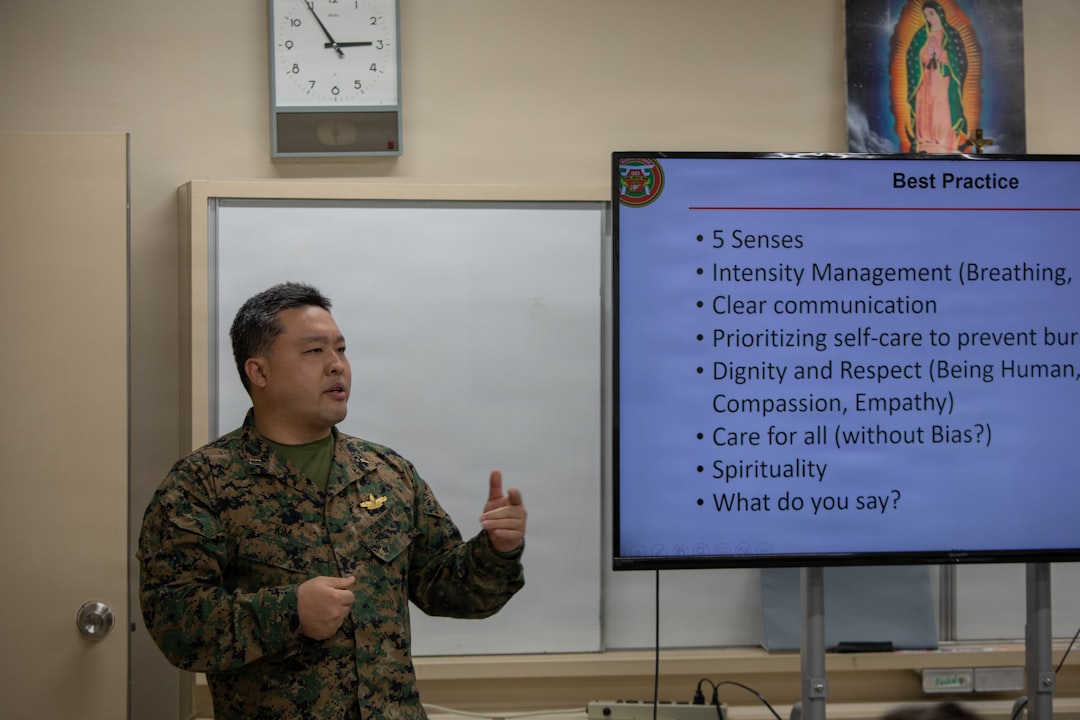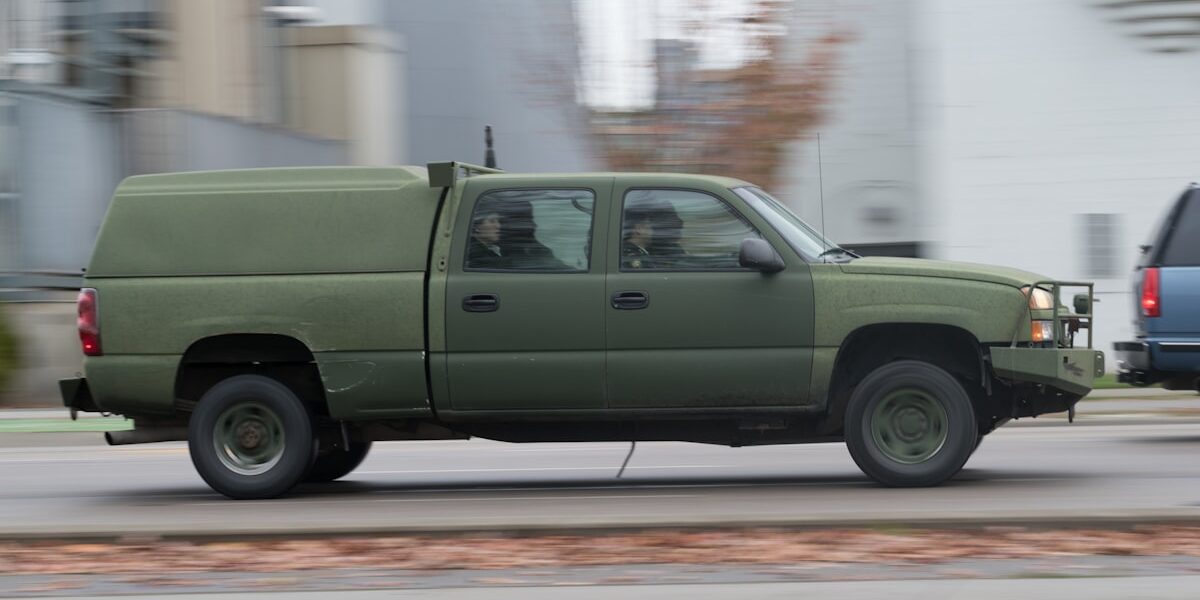Understanding the military’s actual purpose has gotten complicated with all the political noise flying around these days. As someone who’s spent years studying military history and talking with veterans, I learned everything there is to know about what armed forces are really designed to do — and it’s more nuanced than most people realize. Let me break it down.

**National Defense:** Probably should have led with this section, honestly. At its core, every military exists to defend the homeland. That means protecting borders, keeping citizens safe, and making sure no foreign power can just walk in and take over. When things escalate to actual combat, the military coordinates ground troops, naval forces, and air power to achieve strategic objectives and — hopefully — get back to peace as quickly as possible. It sounds straightforward, but the planning and coordination involved is staggering. I’ve talked with veterans who described the logistics of just moving a single battalion, and it’s mind-boggling.
**Deterrence:** Here’s something most people don’t think about enough — a huge part of what militaries do is prevent wars from happening in the first place. Having a capable, well-trained military force sends a clear message: attacking us isn’t worth the cost. This isn’t just about having big guns either. It’s about alliances, strategic positioning, and even diplomatic communication. I’d argue that deterrence has prevented more conflicts than actual combat has ended. The Cold War is probably the most dramatic example — decades of tension that never escalated to direct conflict largely because both sides knew the consequences would be catastrophic.
**Power Projection:** This one gets controversial, but it’s a reality of modern geopolitics. Power projection is basically the ability to deploy military forces far from home to protect national interests. This could mean supporting allies, stabilizing volatile regions, or securing economic interests like shipping lanes. The U.S. military’s network of overseas bases is the most visible example of this. You don’t have to agree with every deployment to understand why nations consider this capability essential — it’s about having options when diplomacy alone isn’t enough.
**Support for Domestic Crises and Disaster Response:** That’s what makes the military endearing to us civilians in a different way — they show up when everything falls apart. Natural disasters, search and rescue operations, even providing logistical support during major emergencies. When Hurricane Katrina hit, it was the military’s resources and organizational capabilities that helped stabilize the situation when local authorities were overwhelmed. Most people don’t think of the military in this context, but it’s one of its most tangible, immediate contributions to everyday life.
All these roles work together to create a comprehensive defense system. The Army, Navy, Air Force, and Marines each bring their specific capabilities to the table, and when they’re coordinated effectively, they don’t just fight wars — they prevent them and help maintain stability at home and around the world. Each branch has its own culture, traditions, and specialties, but they’re all pulling in the same general direction.
At the end of the day, the military’s job is broader than most people realize. It’s about securing the nation, deterring threats, projecting strength when needed, and stepping in during domestic crises. These responsibilities reflect just how complex modern security really is — and why the men and women who serve deserve our genuine understanding of what they’re actually doing out there.


Leave a Reply